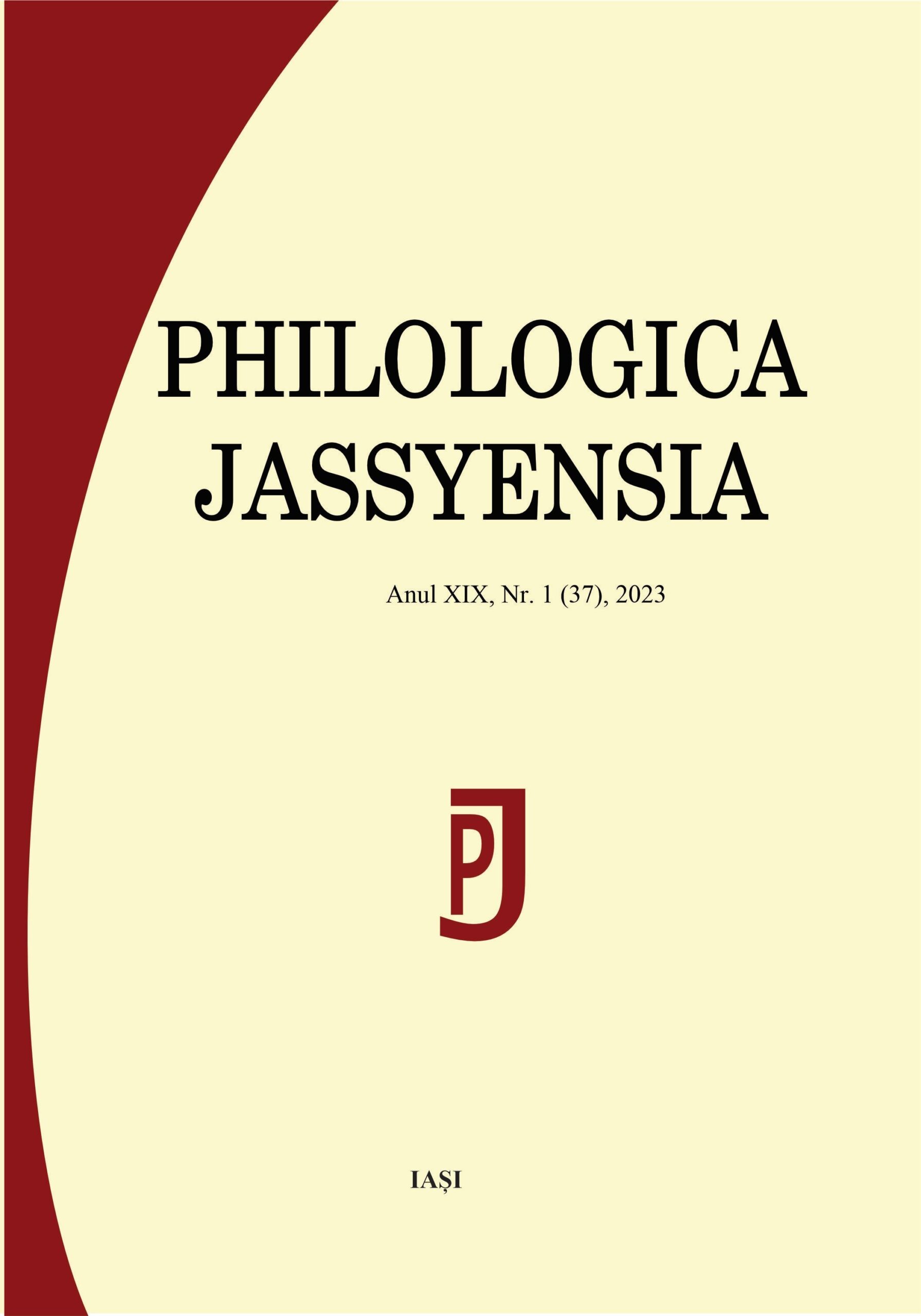Schizanaliză și interpretare (I). „Semnificantul despotic”
Schizoanalysis and Interpretation (I). “The Despotic Signifier”
Author(s): Laurenţiu HanganuSubject(s): Semiotics / Semiology, Theory of Literature
Published by: Editura Tracus Arte
Keywords: schizoanalysis; interpretation; semiology; “overcoding”; thought and the state;
Summary/Abstract: Named by its authors “schizoanalysis”, the critique of interpretation developed by Gilles Deleuze and Félix Guattari in Anti-Oedipus (1972) and A Thousand Plateaus (1980) – the two volumes of their work Capitalism and Schizophrenia – is a radical one. Exposed as a dead-end street, that only keeps thought trapped in the tyrannical circle of the “Signifier”, the interpretation, as the privileged expression of semiology – point out Deleuze and Guattari – corresponds to the “overcoding” made by the despotic political assemblage, which consists in the abolition of the old clanic-territorial relationships and the centralization of all social codes, followed by their subordination to a unique code, mirrored by the solar symbolism of the sovereign's power. In the same way as the imperial-despotic "social machine", which proclaims a transcendent unity as the absolute center of existence, the signifying semiotics – explain Deleuze and Guattari – is structured by removing out of the chain of signs a privileged object (“the despotic signifier”), which, in creating the illusion of a transcendence to which all the signs converge and from which all the signs seem to come, destroys the pre-signifying territorial semiotics through linearization and homogenization. Consequently, the interpretation is inevitably encumbered by all the shortcomings of the significant regime of signs: that is, above all, the rigid linearity of the system, in the perspective of which any deviation, as well as any tendency of detachment, diffusion or dispersion, appear, apriorically, as unjustified divisiveness, unnecessary detours and fateful dead ends. The “superliniarity” of semiology causes the interpretation to eliminate any autonomous “growth”, to devalue any heterogeneity, and to consider any attempt to exit the system as counterproductive and “meaningless”. At the same time, the process and the guiding vectors of interpretation are always aimed at a synthetic, hierarchical and systematizing approach, thus responding to the imperative of the despotic “machine” to appropriate all resources and to subordinate all the codes. The interpretative act is one of “overcoding”, whose semiotic-discursive function is to (re)order all signs, as well as all the judgments and arguments, according to a “central idea”, which is nothing but a representation, a projection of the “despotic signifier”. The argumentation of Deleuze and Guattari denounces interpretative thinking, be it traditional or modern, as being not only an instrument of the imperial-despotic “social machine”, but, moreover, as a faithful mirror of the state apparatus. The osmosis between thought and the state – evidenced and stimulated by the act of interpretation – is the very basis on which the symbolic power is built.
Journal: Philologica Jassyensia
- Issue Year: XIX/2023
- Issue No: 1 (37)
- Page Range: 177-185
- Page Count: 9
- Language: Romanian

